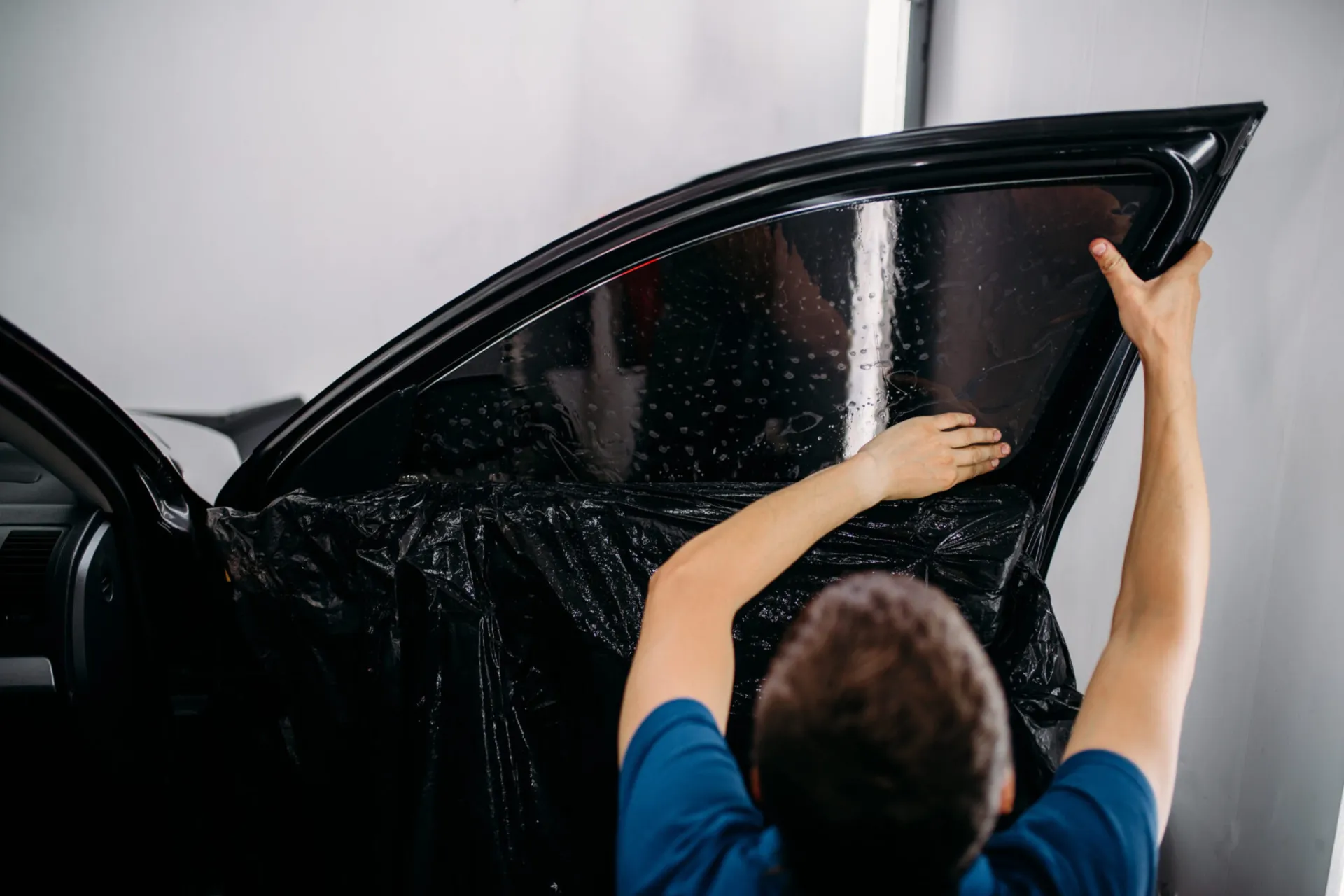Car window tinting is a widely embraced automotive modification, offering a multitude of advantages, such as improved privacy and protection against harmful UV rays. As with other investments, you will have questions as you contemplate whether to install window tints for your vehicle. To help you on the matter, here are the answers to some of the frequently asked questions:
1. What Does Car Window Tinting Involve?
Car tinting Bedford entails the application of a thin, translucent film onto your vehicle’s windows. This film is meticulously crafted to diminish the ingress of visible light, heat, and UV rays into the car’s interior.
2. What Are the Benefits You Can Reap from Car Window Tinting?
Car window tinting offers several benefits, including:
UV Protection: Tinted windows can block up to 99% of harmful UV rays. They can help lessen the risk of skin cancer and safeguard your car’s interior from premature deterioration.
Heat Reduction: Window tint films can significantly lessen the amount of heat that infiltrates your vehicle. This can result in a comfortable interior temperature during sweltering summer periods, even without excessive reliance on air conditioning.
Privacy Enhancement: Tinted windows augment privacy by curtailing the visibility of the car’s interior from external vantage points.
Glare Reduction: Tinted windows can diminish glare from the sun and other vehicles’ headlights, enhancing visibility and overall safety.
3. Is Car Window Tinting Legally Permissible?
The legality of car window tinting is contingent on your geographical location. Distinct countries have specific statutes governing the permissible opacity of tint on various car windows. It is essential to verify local regulations to ensure compliance with the legal requirements regarding your window tint.
4. What Varieties of Tint Films Are Available?
An array of tint film options exists, including:
Dyed Film: This type of tint employs a layer of dye that can absorb heat and reduce glare. Dyed film is cost-effective but may not offer the same level of effectiveness as other choices.
Metallized Film: Metallized tint incorporates minuscule metallic particles that deflect heat and UV rays. It is durable and substantially reduces heat but may potentially interfere with electronic signals.
Ceramic Film: Ceramic tint represents a premium option, utilising ceramic nanoparticles to obstruct heat and UV rays. It delivers exceptional clarity, does not disrupt electronic devices, and offers high effectiveness.
5. What Is the Typical Lifespan of Car Window Tinting?
The longevity of car tinting Northampton hinges on the quality of the film and the precision of the installation. Top-tier tint films can endure anywhere from 10 to 15 years or even longer, provided they receive proper maintenance. Conversely, lower-quality films may necessitate replacement sooner than their higher-grade counterparts.
To get your questions regarding window tinting answered, have them addressed by professional window tinting companies like Global Tint UK.




